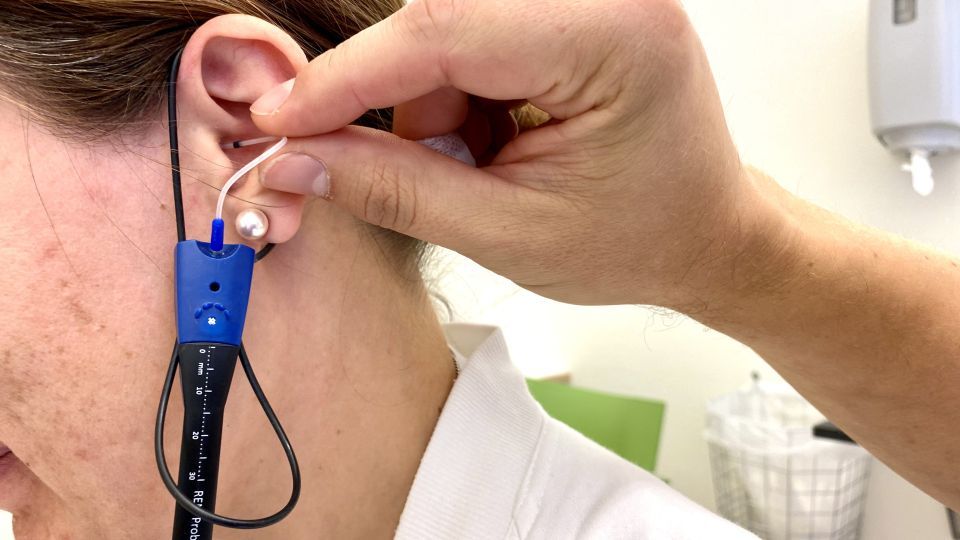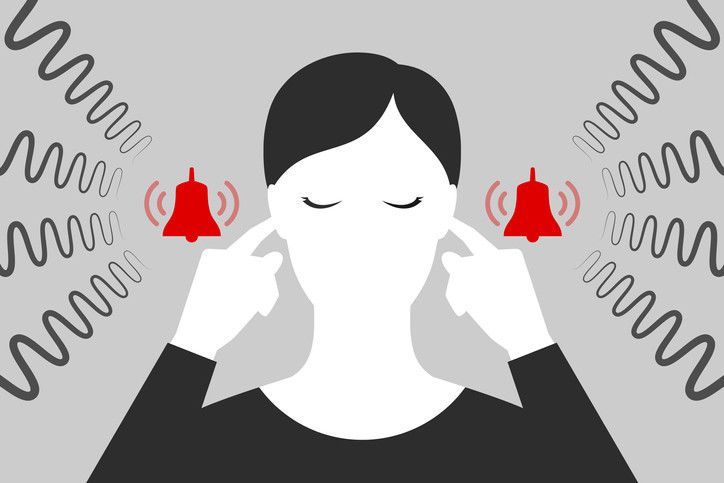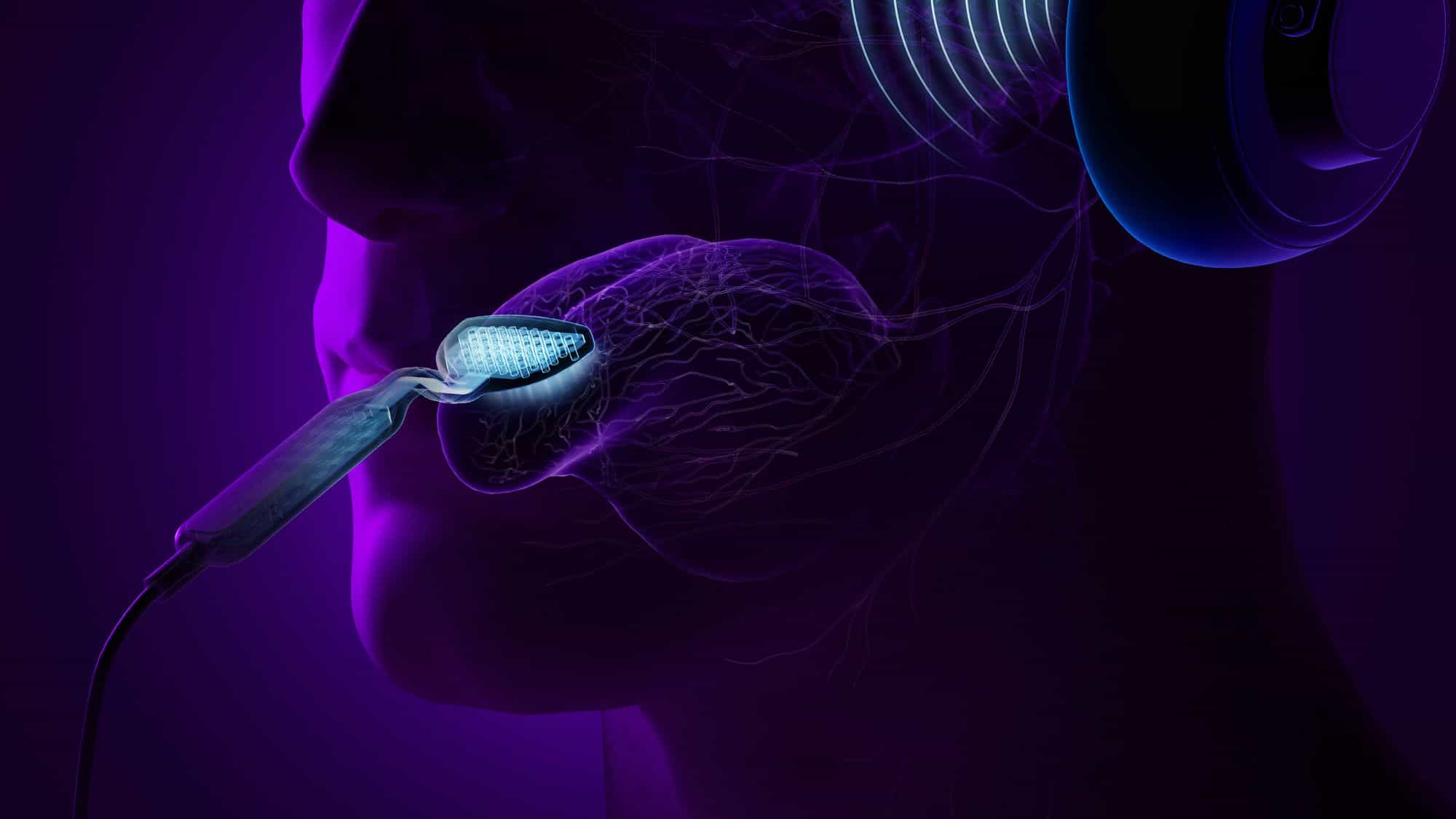
Approximately 20 percent of Sweden's population has tinnitus, which means that they hear sounds in their ears without it being caused by any external sound source. For most, it is not a major problem, but two to three percent have severe problems that can lead to concentration problems, sleep difficulties, and anxiety.
A discovery made by researchers at Lund University means that these people can have their problems alleviated in a simple way. All that is required is that they use a normal hearing aid that is adapted to each person's ear.
"If you adapt the hearing aid, it also means a significant attenuation of the tinnitus symptoms, something that also continues to be attenuated over time. Our results show that the treatment effect is twice as good after one year if you verify the amplification of the hearing aid, compared to if you do not," says Sebastian Waechter, researcher in audiology at Lund University, in a press release.
To be able to tailor the hearing aid to each patient, the researchers use a measuring instrument, Real Ear Measurement, REM. With that, they can measure the ear canal and adapt the hearing aid to each person. It only takes a few minutes to do, but so far many clinics do not use the instrument. Something the new research results will hopefully change.
The key to the new method is that the researchers realized that the cognitive problems experienced by many with severe tinnitus have nothing to do with tinnitus, but instead are linked to hearing loss.
"It is surprising that tinnitus does not affect performance in cognitively demanding tasks, as this is one of the most common complaints among patients with tinnitus. Instead, it turns out that it is the hearing ability at high frequencies, above 8 kHz, that is linked to performance. The worse we hear, the worse we perform, regardless of whether or not we have tinnitus and regardless of age. Currently, these frequencies are also not examined during a hearing test at, for example, the health center," says Sebastian Waechter.
He will now go further and investigate how better treatment of tinnitus can affect a person's mental health.
"We currently do not know exactly how this is connected to tinnitus, but many patients describe that tinnitus is a strong contributor to their unwellness. Therefore, it is important to do more research and develop better treatments for this group," says Sebastian Waechter.







